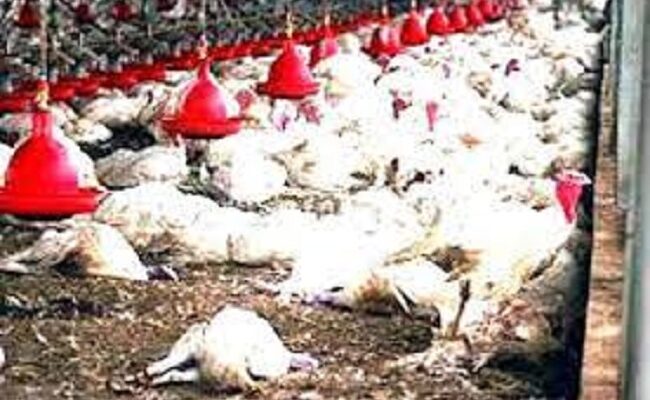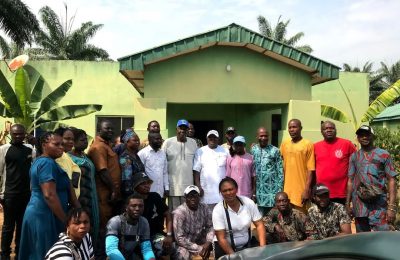

The Nigerian Government has announced that it is adopting the no-vaccination policy approach to tackle the ravaging Bird Flu also known as Avian Influenza which is currently attacking poultry farms across the country.
The Minister of Agriculture and Rural Development, Dr Mahmood Abubakar who stated this on Thursday while briefing journalists, said this decision came after due consideration of scientific and socio-economic evidence available to the ministerial committee on merits and demerits of vaccination or no vaccination, best global practices as well as the recommendations of the World Organization for Animal Health (WOAH).

He said the committee recommended that the country should stick to the ‘No Vaccination’ policy for now, adding that though the committee noted that the country might want to change its policy to vaccinate against Highly Pathogenic Avian Influenza (HPAI) in future, it recommends some activities to be carried out before considering the option of vaccination against HPAI as a policy for the country.
“The status-quo on vaccination policy against HPAI in Nigeria thus remains and as such, ‘No vaccination’ against Highly Pathogenic Avian Influenza’ in Nigeria for now”, the Minister said.
The Director of Veterinary and Pest Control Services at the Ministry, Dr Columba Vakuru while highlighting some of the disadvantages of vaccination, said if not properly regulated, the country may jump into confusion.
“Indirectly, we have been having the pressure to go into vaccination, one of the disadvantages is that if you are not properly regulated, if you don’t know the exit route and jump into it, you are jumping into confusion, we have seen that in some countries that went into vaccination during the outbreak in Africa and Asia and they are still battling with the disease.
“The second disadvantage is that it is a cumbersome process, it is not one vaccine that you will give, you will have to go in more than twice to make sure that the flock has at least an antibody that will contain them.
“Additionally you are dealing with a highly mobile virus that in the environment two or three strains could come together and share genetic material and give out an offspring that is more dangerous than both parents and which means you have to update your surveillance strategy very often.
“The vaccine is not going to come free, unfortunately for us; we have not started producing the vaccine within the country.”
He, however, said from 2017 till date, Nigeria has witnessed 476 outbreaks, with about 3.4 million birds lost as a result of the outbreak.
Listing the advantages of ‘no vaccination’, Dr Vakuru said “If we are able to control the disease, we are demonstrating again that our surveillance system could be vibrant and up to the task of containing the disease and most likely other diseases that might encroach into the country.
“We would have saved huge money that would have gone out to import the vaccine into the country.”
READ ALSO FROM NIGERIAN TRIBUNE








